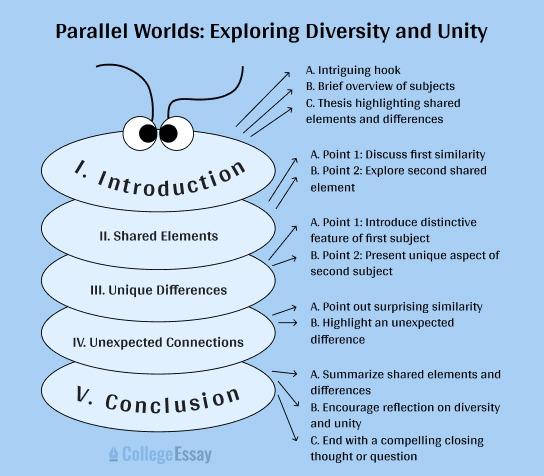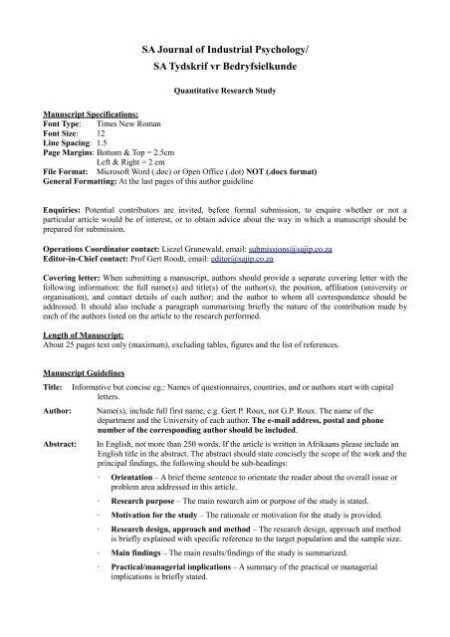Cabo Verde: The Role of Catholic Social Teaching in Development and Social Justice
In the heart of the Atlantic Ocean lies Cabo Verde, an archipelago known for its stunning landscapes and rich cultural heritage. But beyond its breathtaking vistas, the nation faces pressing social and economic challenges that require innovative solutions and a robust framework for justice. Central to this effort is the influence of Catholic Social Teaching (CST), which offers a compelling ethical compass for navigating issues of development and social equity. As the Vatican amplifies its commitment to social justice, Cabo Verde’s engagement with CST presents a unique case study of how faith-based principles can inform sustainable practices and transformative policies. This article explores the vital role of Catholic Social Teaching in promoting human dignity, environmental stewardship, and solidarity among Cabo Verde’s diverse communities, shedding light on its potential to inspire meaningful change in an increasingly complex world.
Cabo Verde’s Path to Sustainable Development Through Catholic Social Teaching
In Cabo Verde, the principles of Catholic Social Teaching (CST) play a vital role in shaping the nation’s approach to sustainable development and social justice. By emphasizing the dignity of every individual, the Catholic Church encourages policies that prioritize the common good and social equity. This approach encompasses several key elements:
- Human Dignity: CST insists on respecting the inherent worth of all individuals, which influences government initiatives aimed at reducing poverty and advocating for basic human rights.
- Community and Participation: The local Church actively fosters community engagement, ensuring that the voices of marginalized populations are heard in the decision-making process.
- Solidarity: This principle motivates Cabo Verdeans to support one another, particularly in efforts to combat social and economic disparities across the archipelago.
By integrating these principles with national development strategies, Cabo Verde is making strides towards a sustainable future that honors both the environment and its citizens. The commitment to environmental stewardship is reflected in recent policies aimed at harnessing renewable energy sources, while efforts to improve education and healthcare demonstrate a dedication to the holistic development of the society. As these initiatives progress, the Church’s guidance will remain essential, ensuring that the focus on social justice remains at the forefront. Below is a summary of ongoing initiatives:
| Initiative | Description | Expected Outcome |
|---|---|---|
| Renewable Energy Projects | Investment in solar and wind energy systems. | Reduction of carbon footprint and energy independence. |
| Education for All | Programs aimed at increasing access to quality education. | Improved literacy and economic opportunities. |
| Healthcare Access | Expansion of healthcare facilities and services in rural areas. | Better health outcomes and increased life expectancy. |
Enhancing Social Justice: Lessons from Cabo Verde’s Community Initiatives
The community initiatives in Cabo Verde serve as a compelling framework for understanding how grassroots efforts can effectively enhance social justice. Driven by the principles of Catholic Social Teaching, these initiatives focus on fostering human dignity, promoting solidarity, and ensuring the common good. By mobilizing local resources and encouraging community participation, Cabo Verde demonstrates a model for sustainable development that prioritizes disadvantaged groups. Examples include cooperative farming projects and health education programs that empower individuals while addressing systemic inequalities.
Moreover, the involvement of the Catholic Church in these initiatives highlights a significant partnership between faith and social action. Through programs aimed at improving education and enhancing healthcare access, community members are educated not just about their rights, but also the responsibilities that come with them. Key outcomes of these initiatives include:
- Increased community engagement in local governance.
- Enhanced access to vocational training for youth.
- Improved health outcomes through community-led wellness programs.
This blend of local action and religious guidance creates a powerful momentum, inspiring a generation to advocate for justice and equity while strengthening the fabric of Cabo Verdean society.
Empowering Local Voices: Recommendations for Integrating Faith and Development
In the quest for sustainable development, fostering local capacities and integrating faith-based perspectives can create a transformative impact in communities. Engaging local religious leaders and organizations is essential to amplifying their voices in dialogues surrounding development strategies. By prioritizing community engagement, stakeholders can ensure that initiatives are aligned with the cultural values and spiritual needs of the populations they aim to serve. Key recommendations for integrating faith and development include:
- Inclusive Dialogue: Facilitate regular forums that bring together faith leaders, local authorities, and community members to discuss development goals.
- Capacity Building: Invest in training programs that equip local leaders with skills in advocacy and community organizing.
- Collaborative Projects: Encourage partnerships between faith-based organizations and NGOs to leverage resources and maximize impact.
Substantial efforts should also be directed towards recognizing the ethical dimensions inherent in social justice initiatives inspired by Catholic Social Teaching. This involves prioritizing the dignity of every individual and emphasizing the common good over mere economic growth. A practical illustration of this can be seen in the following table, which highlights areas where Catholic teachings can directly influence development projects:
| Principle | Impact on Development |
|---|---|
| Dignity of Human Life | Enhances social support programs ensuring essential services for all. |
| Solidarity | Promotes unity and collective action in addressing community challenges. |
| Preferential Option for the Poor | Directs resources and attention to marginalized groups to ensure equity. |
To Wrap It Up
As Cabo Verde continues to navigate the complexities of development and social justice, the influence of Catholic Social Teaching remains a vital guide for both policymakers and citizens striving for a more equitable society. The principles of human dignity, solidarity, and the common good resonate deeply within the fabric of Cabo Verdean culture, offering a moral compass in addressing both contemporary challenges and long-standing issues.
Vatican News highlights the collaborative efforts of local churches and community leaders who are translating these teachings into actionable strategies, promoting inclusive dialogue and sustainable development. As Cabo Verde charts its path forward, the synthesis of faith and social responsibility provides a poignant reminder of the power of belief in driving social change.
In a world increasingly defined by disparities and division, the ongoing commitment to Catholic Social Teaching in Cabo Verde serves not only as a beacon of hope but as a model for other nations seeking to harmonize development with justice. The journey may be fraught with obstacles, but the fundamental values of compassion and equity stand as pillars in the nation’s pursuit of a brighter, more just future.







